Digging is an instinctual behavior exhibited by many dog breeds, often rooted in their historical roles or natural instincts. While this behavior can sometimes be a challenge for pet owners, understanding the reasons behind it is fascinating. Some breeds have an innate desire to dig stemming from their hunting or burrowing past, while others do it for entertainment, comfort, or to fulfill a specific working role. In this article, we explore 10 dog breeds that are notorious for their love of digging. From energetic terriers to determined hounds, each of these breeds has unique reasons for their digging habits. Recognizing and appreciating these instincts is key to understanding and managing this behavior, and in some cases, even finding ways to channel it constructively.
1. Dachshund
Dachshunds, with their distinctive long bodies and short legs, are notorious diggers. Originally bred to hunt badgers in Germany, their body shape is perfectly designed for digging into burrows and tight spaces. This instinctual behavior is still strong in the breed, often leading them to dig in yards or under fences. Dachshunds are known for their determination and tenacity, traits that make them excellent hunters and persistent diggers. Providing them with a designated digging area or engaging them in activities like earthdog trials can help satisfy their burrowing instincts in a constructive way.
2. Jack Russell Terrier
Jack Russell Terriers are small but incredibly energetic and have a natural propensity for digging. Originally bred for fox hunting in England, they possess strong hunting instincts and will often dig in pursuit of perceived prey or out of sheer boredom. Their high energy levels and intelligence require regular mental and physical stimulation, and without it, digging can become a common outlet for their energy. Training and adequate exercise are crucial for managing their digging habits, along with providing them with appropriate toys and activities to keep them engaged.
3. Siberian Husky
Siberian Huskies are not just known for their stunning looks and sled-pulling abilities; they also have a tendency to dig. This behavior can be attributed to their history in cold climates, where they might have dug in snow for shelter or to uncover food. Huskies are highly intelligent and independent, often digging out of curiosity or to escape confinement. They require ample exercise and mental stimulation to prevent boredom, which often leads to destructive behaviors like digging. Creating a designated digging area and ensuring they have enough physical activity can help curb their desire to dig.
4. Beagle
Beagles, with their exceptional sense of smell and tracking abilities, are also known for their love of digging. Originally bred for hunting small game, they often use digging as a way to uncover scents or pursue small animals. Beagles are curious and determined, traits that can drive them to dig in search of olfactory stimulation. Providing them with scent games and regular exercise can help channel their natural instincts in a more constructive manner, reducing the likelihood of unwanted digging.
5. Border Collie
Border Collies are renowned for their intelligence and herding abilities, but they can also be avid diggers. This behavior may stem from boredom or a lack of mental stimulation, as they are a breed that requires constant engagement. If not given enough mental and physical exercise, Border Collies may resort to digging as an outlet for their energy. Engaging them in dog sports, obedience training, and regular play can help mitigate their need to dig and keep their active minds occupied.
6. Alaskan Malamute
Alaskan Malamutes, similar to Siberian Huskies, are known for their digging habits. Their history as Arctic sled dogs means they are well-adapted to colder climates, where digging in the snow is a natural behavior. Malamutes are strong and independent, often digging to create a cool spot to lie in or just for fun. Providing them with a cool, shaded area and plenty of exercise can help reduce their need to dig, along with training and supervision to manage this behavior.

7. Cairn Terrier
Cairn Terriers, one of the oldest terrier breeds, were originally used for hunting and burrowing prey in the Scottish Highlands. Their natural instinct to dig is strong, often leading them to dig in gardens or yards. Cairn Terriers are energetic and require regular exercise and mental stimulation to prevent boredom and destructive behaviors. Providing them with toys and activities that cater to their burrowing instincts, such as digging boxes or sandpits, can offer a positive outlet for their natural behavior.
8. Whippet
Whippets are known for their speed and agility, but they can also be enthusiastic diggers. This behavior might stem from their hunting instincts, as they were originally bred to hunt by sight and chase prey. Whippets may dig out of curiosity or in search of a comfortable spot to rest. Ensuring they have a comfortable and accessible resting area, along with regular exercise and play, can help reduce their inclination to dig.
9. Miniature Schnauzer
Miniature Schnauzers were originally bred as farm dogs in Germany, where their duties included hunting vermin. This background contributes to their propensity to dig, often in search of small animals or out of natural curiosity. Miniature Schnauzers are intelligent and energetic, requiring regular mental and physical stimulation. Training, along with providing appropriate toys and activities, can help manage their digging behavior by keeping them engaged and satisfied.
10. Fox Terrier
Fox Terriers, both Smooth and Wire varieties, have a strong inclination to dig. Originally bred for fox hunting, their instinct to dig and burrow is deeply ingrained. Fox Terriers are lively and require ample exercise and mental stimulation to prevent boredom. Without sufficient engagement, they may resort to digging as a form of entertainment and to satisfy their natural hunting instincts. Regular exercise, training, and appropriate play can help minimize their digging habits.
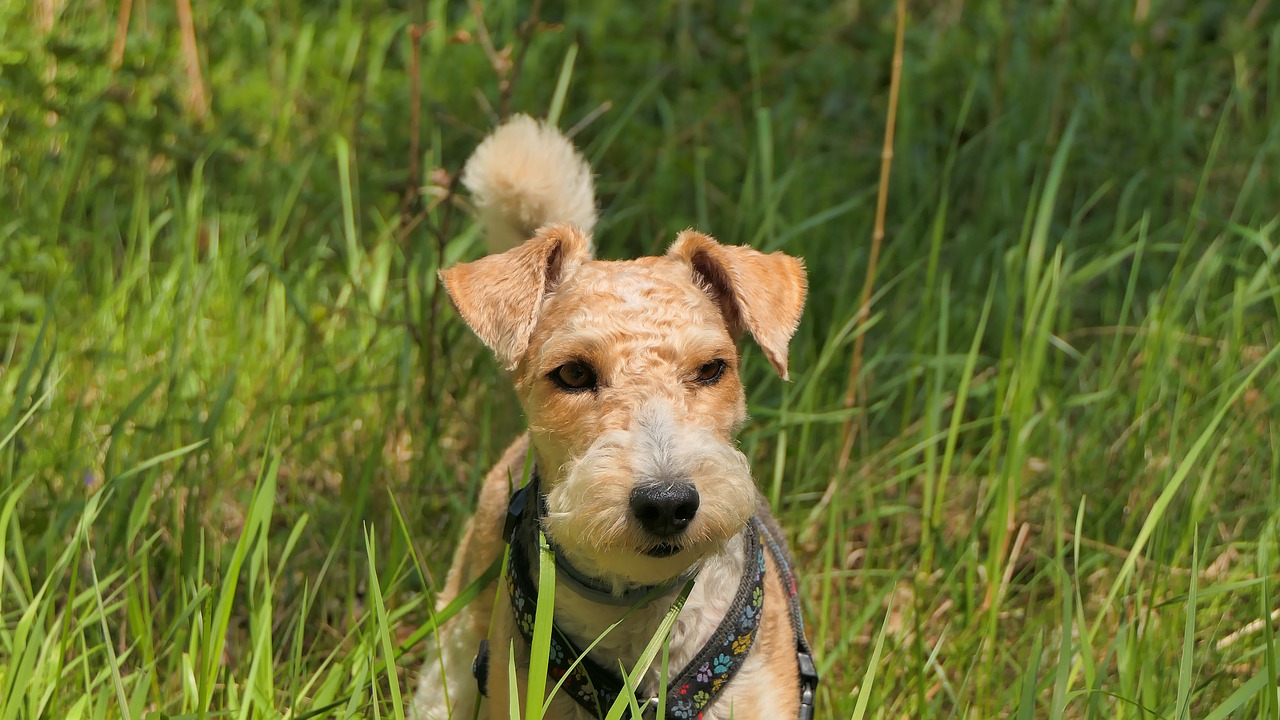
While digging can sometimes be a challenging behavior for dog owners to manage, it’s important to remember that for many breeds, it’s an instinctual and natural activity. Understanding the reasons behind this behavior and providing appropriate outlets can help channel their instincts positively. Regular exercise, mental stimulation, and specific training techniques are key to managing and satisfying the digging desires of these breeds. By acknowledging and respecting their natural tendencies, owners can enjoy the unique characteristics and enriching companionship these breeds offer.


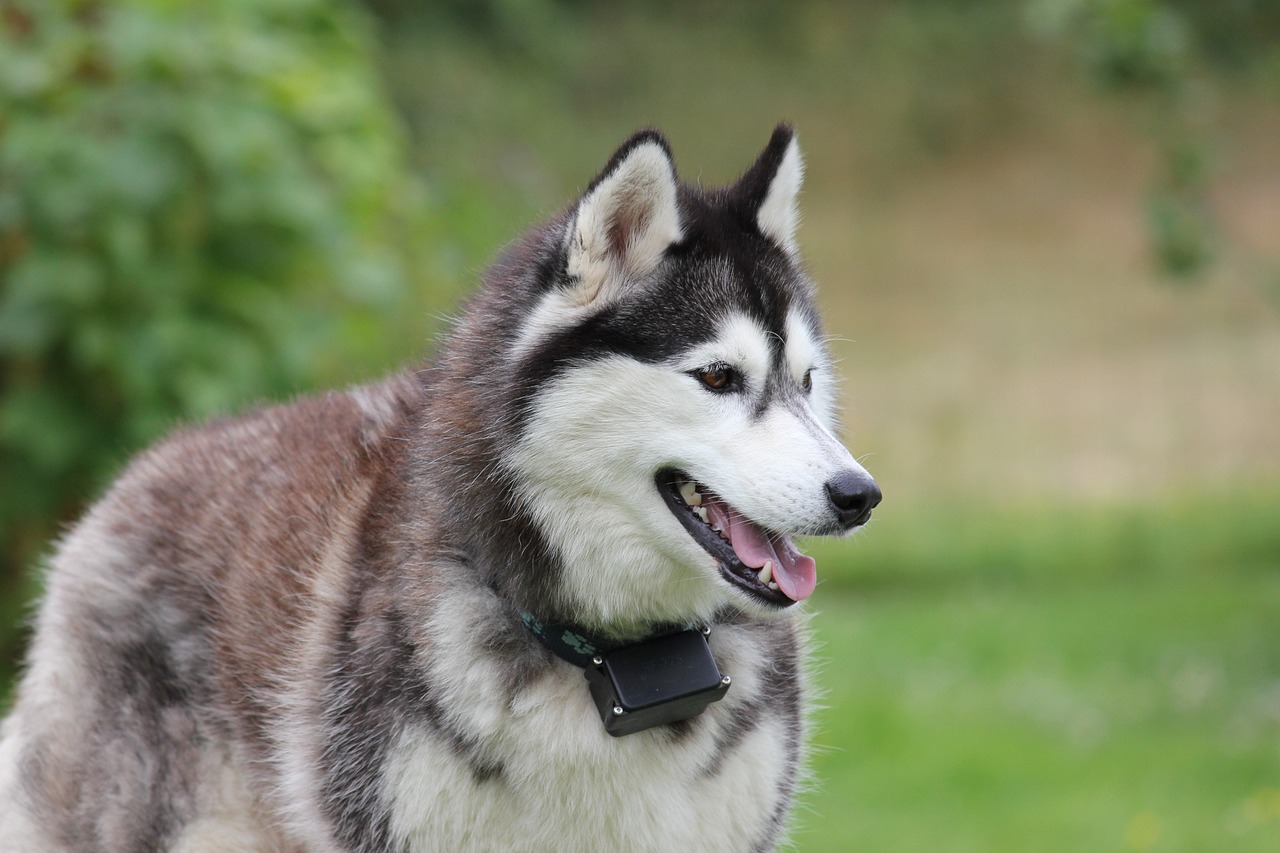

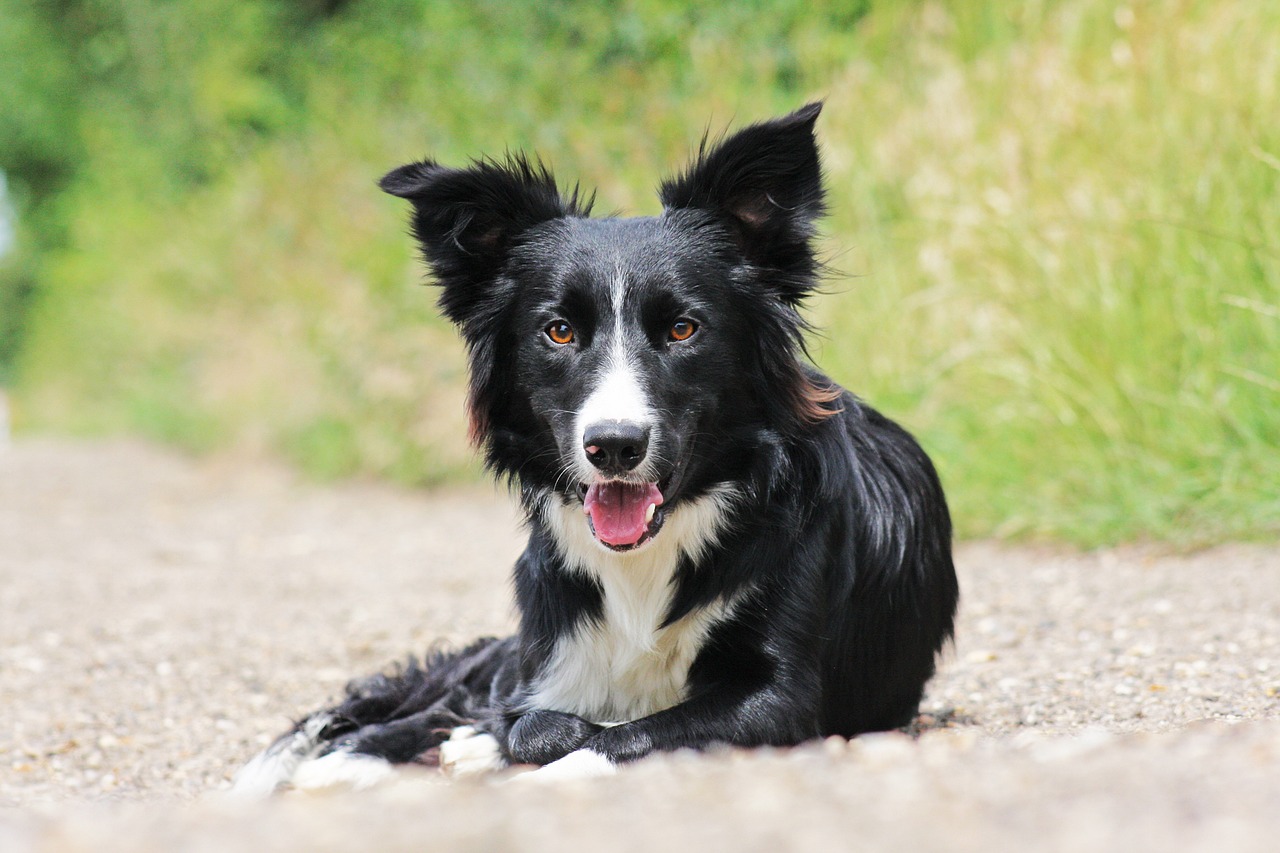
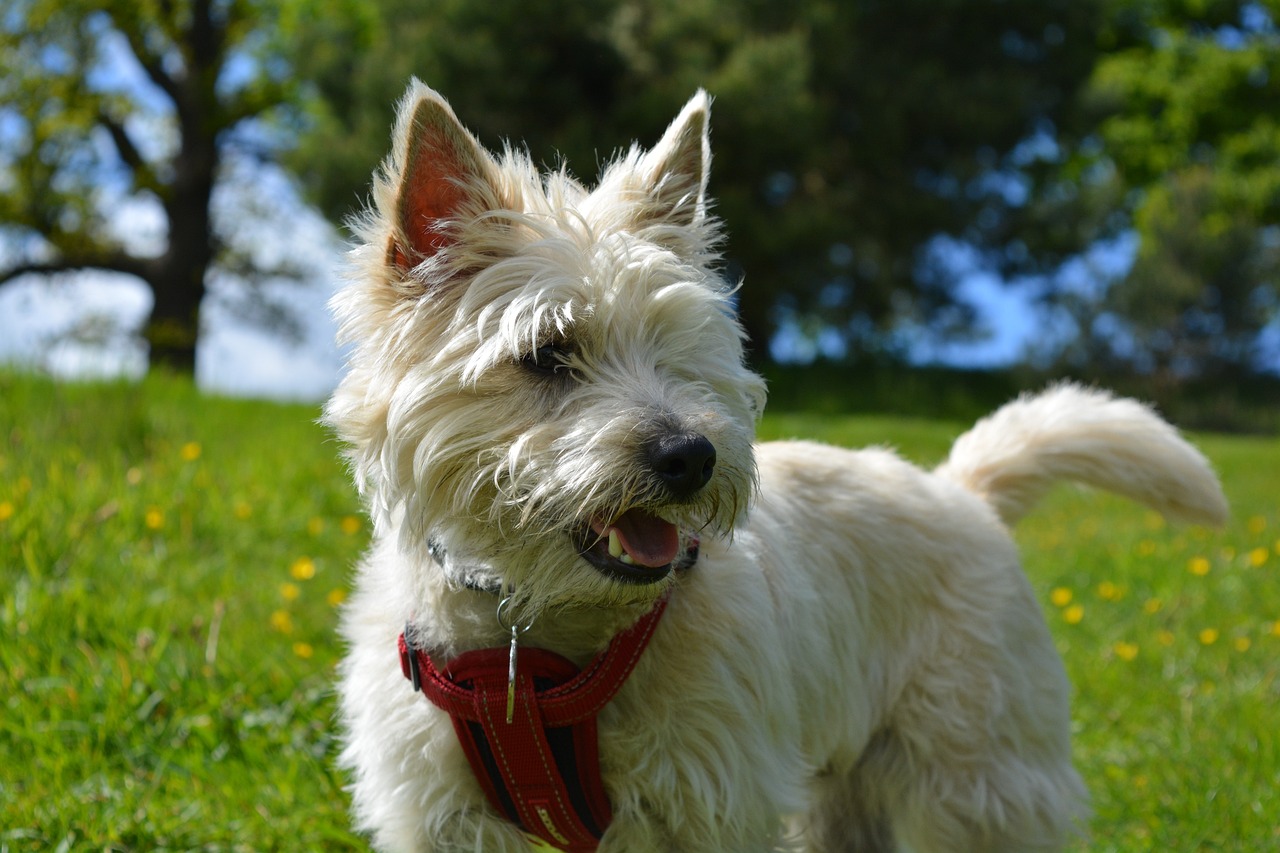
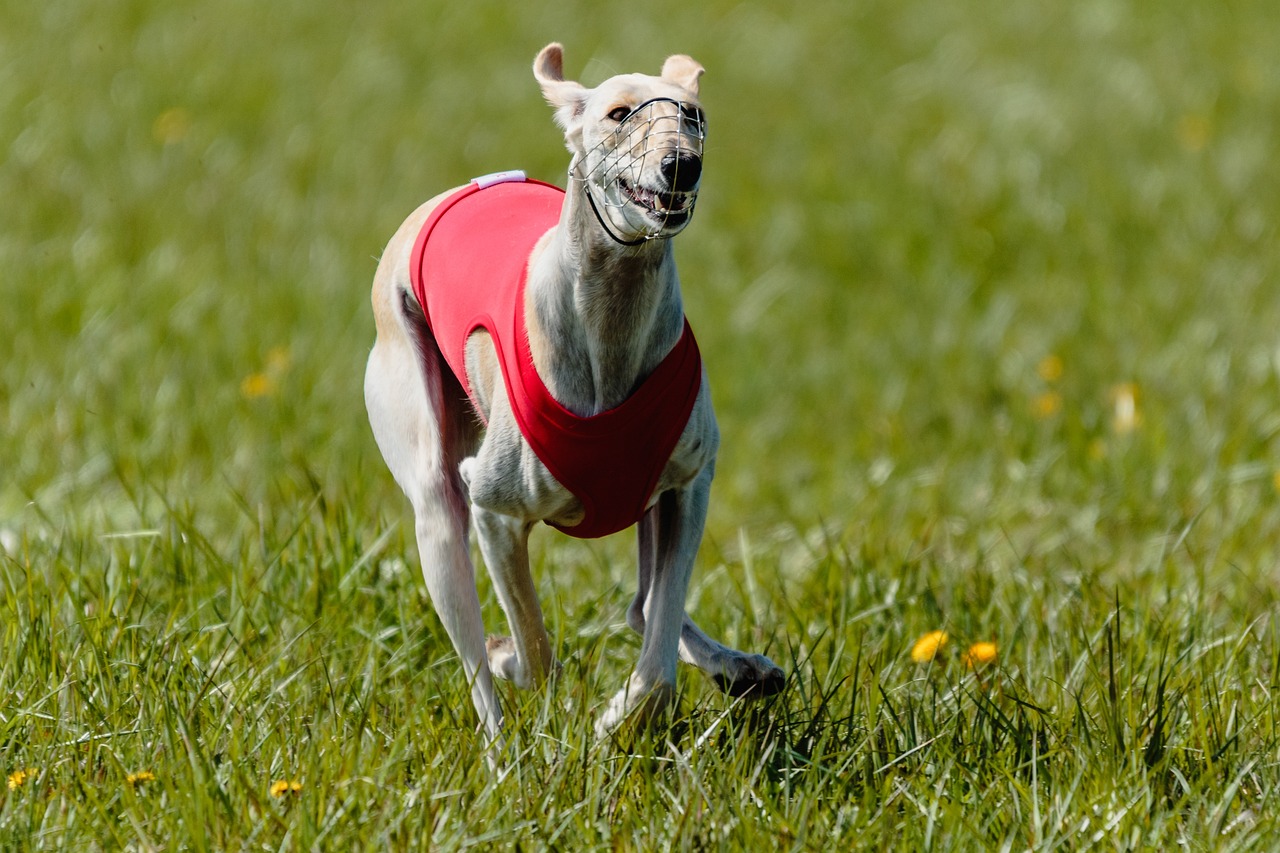

 Toledo, United States.
Toledo, United States.